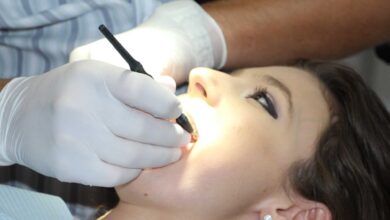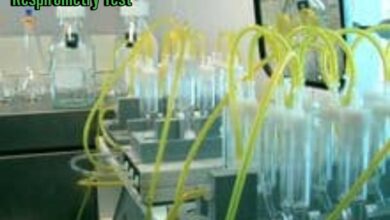Substance use disorder (SUD) is a complex condition that affects millions of individuals and families globally. It’s a chronic disease characterized by an uncontrollable urge to use substances despite harmful consequences. SUD can take a toll on one’s health, relationships, and capacity to function in daily life. Understanding this disorder is the first step toward managing it and seeking recovery. Below, we’ll explore essential tips for starting down the road to recovery from SUD.
Seeking Professional Help and Exploring Treatment Options

Professional help plays a pivotal role in recovery from SUD. Experts in addiction medicine and mental health can provide the guidance necessary to address both the physical and psychological components of the disorder. Treatment options vary and can include inpatient or outpatient programs, medication-assisted treatment (MAT), and individual therapy.
Considering a detoxification program in Riverside, CA, or a similar structured program can be a critical step for those with substance dependencies. Detox programs offer medical supervision and support, ensuring that the process of withdrawal is safe and as comfortable as possible. They also often serve as an entry point into further treatment and recovery programs.
Exploring holistic treatment approaches can also be beneficial. Incorporating practices such as yoga, acupuncture, or nutrition counseling can enhance overall well-being and support recovery. These practices may complement traditional treatments and provide a broader approach to healing.
Additionally, recovery spaces should be places of comfort and reflection. Creating a serene environment can aid in the healing process, and incorporating elements such as a small fake plant can add a sense of tranquility to personal spaces. The presence of calming visuals and greenery or faux plants underscores the importance of a nurturing recovery environment.
Identifying Personal Triggers and Building Healthy Coping Strategies
A critical aspect of recovery is identifying the personal triggers that lead to substance use. Triggers can be emotional, such as stress or anxiety, or situational, like specific social settings or routines. By pinpointing these triggers, individuals can work on developing coping strategies that don’t involve substance use.
Building a repertoire of healthy coping mechanisms is a vital part of sustaining recovery. This may include exercise, meditation, creative pursuits, or engaging in new hobbies. Such activities can provide positive outlets and help manage the emotions that might have previously led to substance abuse.
It’s also helpful to create a daily routine centered around wellness and recovery. Structures such as regular mealtimes, exercise, and sleep schedules can provide stability and reduce the likelihood of relapse. A routine can also help in rebuilding the life skills that might have been neglected during periods of active substance use.
As recovery progresses, individuals will continue to discover what methods work best for them. It’s a personal journey, and building a toolkit of strategies tailored to individual needs is imperative. It’s equally important to be flexible and willing to try new approaches as recovery needs evolve over time.
Setting Realistic Goals and Celebrating Milestones in Recovery

Setting realistic goals is a fundamental aspect of the recovery process. These goals provide direction and offer motivation, serving as reminders of the progress made. Goals can range from staying substance-free for 24 hours to longer-term aspirations like rebuilding relationships or returning to work.
Celebrating milestones is equally important, no matter how small they may seem. Each day of sobriety, each hurdle overcome, is a testament to the individual’s strength and determination. Acknowledging these achievements reinforces positive behavior and helps build self-esteem.
More than just milestones, it’s the daily efforts that truly count. The choice to attend a therapy session, to reach out to a support group, or to practice self-care are all significant victories in their own right. These consistent actions lay the foundation for a successful recovery.
Recovery is not a linear process, and setbacks can occur. It’s essential to view these not as failures but as opportunities for learning and growth. With each challenge, individuals in recovery can gain new insight and become more resilient in their journey.
Altogether, the pathway to recovery from Substance Use Disorder requires a multifaceted approach and a commitment to self-improvement. Overall, with the right support, coping strategies, and treatment, individuals can navigate the complexities of recovery and embrace a life of sobriety and fulfillment.
Please explore our site for more exciting content if you like this article.





